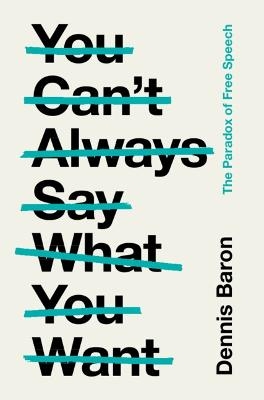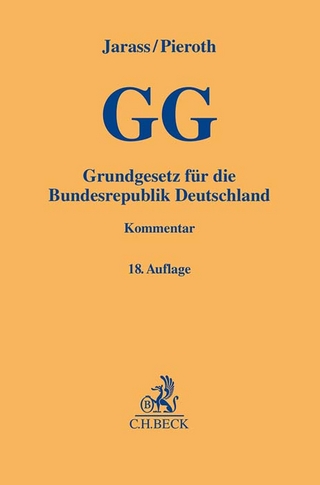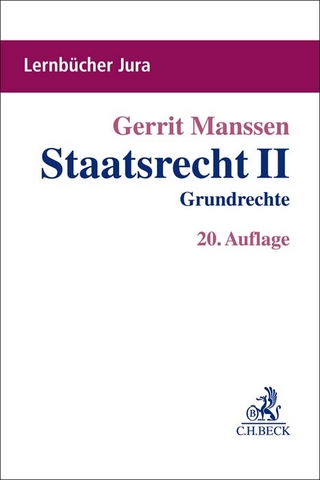
You Can't Always Say What You Want
The Paradox of Free Speech
Seiten
2023
Cambridge University Press (Verlag)
978-1-009-19890-5 (ISBN)
Cambridge University Press (Verlag)
978-1-009-19890-5 (ISBN)
Now more than ever, we are living in a free speech paradox: powerful speakers weaponize their rights in order to silence those less-powerful speakers who oppose them. This book outlines the historical context of laws regulating rights to freedom of speech, and explores future threats to these freedoms.
The freedom to think what you want and to say what you think has always generated a pushback of regulation and censorship. This raises the thorny question: to what extent does free speech actually endanger speech protection? This book examines today's calls for speech legislation and places it into historical perspective, using fascinating examples from the past 200 years, to explain the historical context of laws regulating speech. Over time, the freedom to speak has grown, the ways in which we communicate have evolved due to technology, and our ideas about speech protection have been challenged as a result. Now more than ever, we are living in a free speech paradox: powerful speakers weaponize their rights in order to silence those less-powerful speakers who oppose them. By understanding how this situation has developed, we can stand up to these threats to the freedom of speech.
The freedom to think what you want and to say what you think has always generated a pushback of regulation and censorship. This raises the thorny question: to what extent does free speech actually endanger speech protection? This book examines today's calls for speech legislation and places it into historical perspective, using fascinating examples from the past 200 years, to explain the historical context of laws regulating speech. Over time, the freedom to speak has grown, the ways in which we communicate have evolved due to technology, and our ideas about speech protection have been challenged as a result. Now more than ever, we are living in a free speech paradox: powerful speakers weaponize their rights in order to silence those less-powerful speakers who oppose them. By understanding how this situation has developed, we can stand up to these threats to the freedom of speech.
Dennis Baron is Emeritus Professor of English at the University of Illinois at Urbana-Champaign. He is a frequent commentator on language issues in the national media and written a number of popular books, including What's Your Pronoun? (2020).
1. Free speech, but...; 2. Guns and grammar; 3. Clear and present danger; 4. Strong language; 5. Threat level: orange; 6. America's war on language; 7. Repeat after me; 8. Will free speech survive?
| Erscheinungsdatum | 02.03.2023 |
|---|---|
| Zusatzinfo | Worked examples or Exercises |
| Verlagsort | Cambridge |
| Sprache | englisch |
| Maße | 159 x 235 mm |
| Gewicht | 570 g |
| Themenwelt | Recht / Steuern ► EU / Internationales Recht |
| Recht / Steuern ► Öffentliches Recht ► Verfassungsrecht | |
| Sozialwissenschaften ► Politik / Verwaltung ► Staat / Verwaltung | |
| ISBN-10 | 1-009-19890-4 / 1009198904 |
| ISBN-13 | 978-1-009-19890-5 / 9781009198905 |
| Zustand | Neuware |
| Informationen gemäß Produktsicherheitsverordnung (GPSR) | |
| Haben Sie eine Frage zum Produkt? |
Mehr entdecken
aus dem Bereich
aus dem Bereich
Buch | Hardcover (2024)
C.H.Beck (Verlag)
75,00 €


